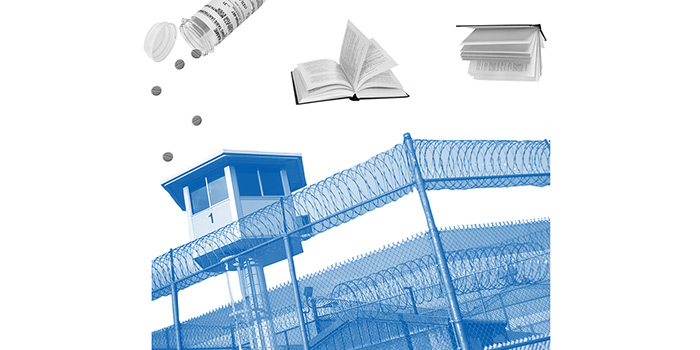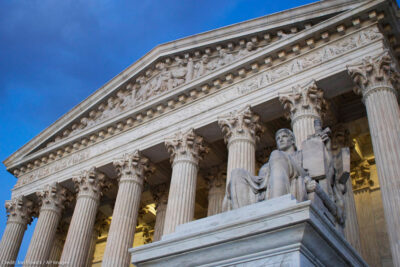
The ACLU works in courts, legislatures, and communities to defend and preserve the individual rights and liberties that the Constitution and the laws of the United States guarantee everyone in this country.

 Man on Death Row is in the Supreme Court" />
Man on Death Row is in the Supreme Court" />
 ACLU of Florida and CAIR Florida File Lawsuit Challenging Policy Denying Religious Meals to Muslim Inmates at Miami-Dade Jails" />
ACLU of Florida and CAIR Florida File Lawsuit Challenging Policy Denying Religious Meals to Muslim Inmates at Miami-Dade Jails" />  ACLU of Florida and CAIR Florida File Lawsuit Challenging Policy Denying Religious Meals to Muslim Inmates at Miami-Dade Jails" />
ACLU of Florida and CAIR Florida File Lawsuit Challenging Policy Denying Religious Meals to Muslim Inmates at Miami-Dade Jails" />
The First Amendment protects a prisoner’s right to practice his or her religion of choice. Congress has acted to reinforce this protection through its passage of the Religious Land Use and Institutionalized Persons Act (RLUIPA). Under federal law, a prison or jail cannot substantially burden a prisoner’s exercise of his or her religion unless it can demonstrate that it has a compelling interest that cannot be achieved through any other less restrictive means.
The law protects these rights for good reason. Religious communities provide a vital network of support for prisoners and can play an important role in easing a prisoner’s transition back into the community upon release.
The First Amendment protects a prisoner’s right to practice his or her religion of choice. Congress has acted to reinforce this protection through its passage of the Religious Land Use and Institutionalized Persons Act (RLUIPA). Under federal law, a prison or jail cannot substantially burden a prisoner’s exercise of his or her religion unless it can demonstrate that it has a compelling interest that cannot be achieved through any other less restrictive means.
The law protects these rights for good reason. Religious communities provide a vital network of support for prisoners and can play an important role in easing a prisoner’s transition back into the community upon release.